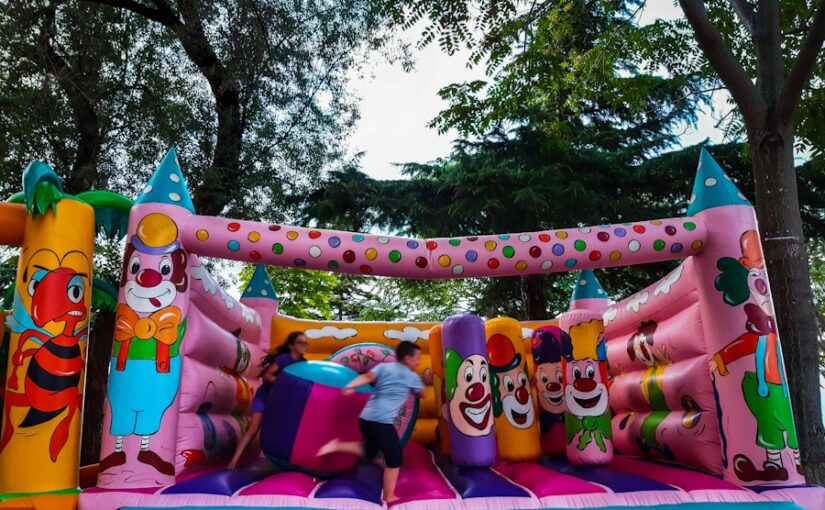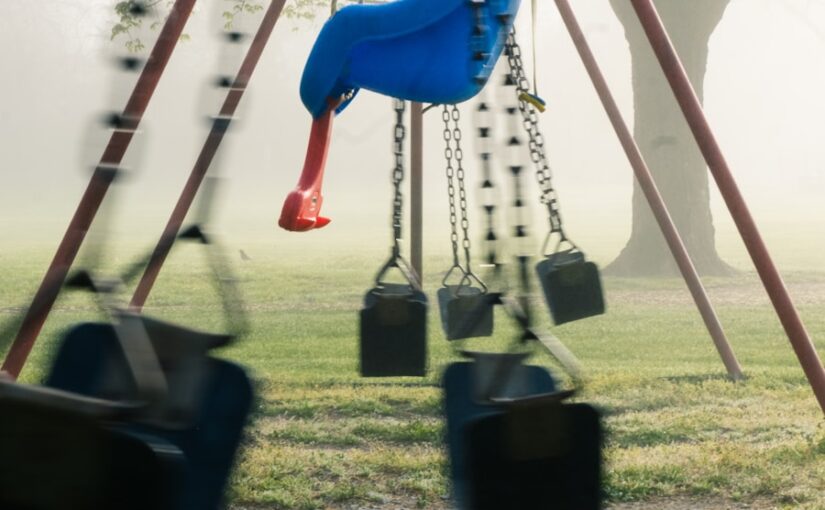As a bounce house business owner, you are likely aware of the inherent risks associated with inflatable attractions. To protect yourself and your business from potential legal claims, understanding waivers is crucial. A waiver is a legal document that participants sign to acknowledge the risks involved in an activity and agree not to hold the business liable for injuries that may occur.
By having customers sign a waiver before using your bounce houses, you create a layer of protection that can significantly reduce your liability. However, it’s essential to recognize that waivers are not foolproof. The effectiveness of a waiver can depend on various factors, including how well it is drafted and whether it is enforceable in your jurisdiction.
Therefore, it’s vital to ensure that your waiver is clear, concise, and legally sound. You should consider consulting with a legal professional to draft a waiver that meets the specific needs of your business and complies with local laws. This proactive approach not only safeguards your interests but also demonstrates professionalism and responsibility to your customers.
The Role of Insurance in Protecting Your Bounce House Business
General Liability Insurance: A Must-Have
General liability insurance is particularly important, as it covers claims related to bodily injury or property damage that may occur during the operation of your bounce houses.
Additional Coverage Options to Consider
In addition to general liability insurance, you may want to consider additional coverage options tailored to your specific needs. For instance, equipment insurance can protect you against loss or damage to your inflatable units, while commercial auto insurance is necessary if you transport your bounce houses using company vehicles.
Peace of Mind with the Right Insurance Policies
By investing in the right insurance policies, you can have peace of mind knowing that you are prepared for any potential claims or accidents that may arise.
Implementing Safety Measures to Minimize Liability Risks
To minimize liability risks in your bounce house business, implementing robust safety measures is paramount. Start by conducting thorough risk assessments of your equipment and operational procedures. This involves identifying potential hazards and taking proactive steps to mitigate them.
For example, ensure that your bounce houses are set up on level ground, away from sharp objects or obstacles, and securely anchored to prevent tipping or movement during use. Additionally, establishing clear safety guidelines for both staff and customers can significantly enhance safety. This includes setting age and weight limits for participants, enforcing rules regarding rough play, and ensuring that children are supervised at all times.
By fostering a culture of safety within your business, you not only protect your customers but also reduce the likelihood of accidents that could lead to liability claims.
Training and Supervision: Ensuring Safe Operation of Bounce Houses
Training and supervision are critical components in ensuring the safe operation of bounce houses. As a business owner, it is your responsibility to provide comprehensive training for all staff members who will be overseeing the bounce houses. This training should cover proper setup procedures, safety protocols, emergency response plans, and customer interaction guidelines.
By equipping your staff with the knowledge and skills they need, you empower them to manage the bounce houses effectively and respond appropriately in case of an emergency. Moreover, ongoing supervision during events is essential for maintaining a safe environment. Designate staff members to monitor the bounce houses continuously, ensuring that participants adhere to safety rules and that any issues are addressed promptly.
This proactive approach not only enhances safety but also reassures customers that their well-being is a top priority for your business.
Proper Maintenance and Inspection of Bounce House Equipment
Proper maintenance and regular inspection of your bounce house equipment are vital for ensuring safety and minimizing liability risks. Before each use, conduct thorough inspections to check for any signs of wear and tear, such as punctures or frayed seams. Additionally, ensure that all safety features, such as netting and anchor points, are intact and functioning correctly.
By prioritizing maintenance, you can prevent accidents caused by faulty equipment. Establishing a routine maintenance schedule is also beneficial for prolonging the lifespan of your bounce houses. This includes cleaning the inflatables after each use, storing them properly when not in use, and performing more extensive inspections periodically.
Keeping detailed records of maintenance activities can serve as evidence of your commitment to safety should any legal issues arise in the future.
Legal Considerations for Bounce House Business Owners
Navigating the legal landscape as a bounce house business owner requires diligence and awareness of various regulations. Depending on your location, there may be specific laws governing the operation of inflatable attractions, including licensing requirements, safety standards, and zoning regulations. Familiarizing yourself with these legal obligations is crucial for ensuring compliance and avoiding potential fines or legal disputes.
Additionally, understanding liability laws in your jurisdiction can help you better prepare for potential claims. Some states have specific statutes regarding liability waivers and their enforceability, so it’s essential to stay informed about these regulations. Consulting with a legal expert who specializes in recreational business law can provide valuable insights into the legal considerations you need to address as a bounce house operator.
Communicating Risks to Customers and Obtaining Informed Consent
Effective communication with customers about the risks associated with using bounce houses is essential for obtaining informed consent. When customers understand the potential hazards involved in the activity, they are more likely to appreciate the importance of following safety guidelines and signing waivers. Consider providing clear information about age restrictions, weight limits, and safety rules both verbally and through written materials.
In addition to verbal communication at the time of rental or setup, consider creating informative signage near the bounce houses that outlines safety rules and potential risks. This not only reinforces safety messages but also serves as a reminder for participants to adhere to guidelines while enjoying their time in the inflatable attractions. By fostering open communication about risks, you empower customers to make informed decisions regarding their participation.
Seeking Professional Advice and Guidance for Minimizing Liability Risks
As a bounce house business owner, seeking professional advice can be invaluable in minimizing liability risks. Engaging with legal professionals who specialize in recreational businesses can help you navigate complex regulations and ensure compliance with local laws. They can assist you in drafting effective waivers, reviewing insurance policies, and understanding liability implications specific to your operations.
Additionally, consulting with industry experts or joining professional associations can provide access to resources and best practices for enhancing safety within your business. Networking with other bounce house operators can offer insights into common challenges and effective strategies for risk management. By leveraging professional guidance and industry connections, you can strengthen your business’s foundation while minimizing potential liabilities.
In conclusion, running a successful bounce house business involves understanding various aspects of risk management, from waivers and insurance to safety measures and legal considerations. By prioritizing safety through training, maintenance, communication, and professional advice, you can create a secure environment for your customers while protecting your business from potential liabilities. Embracing these practices not only enhances customer satisfaction but also contributes to the long-term success of your venture in the inflatable entertainment industry.





